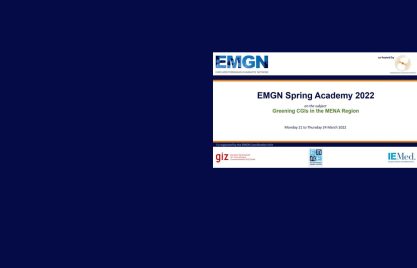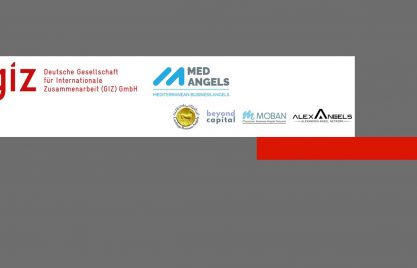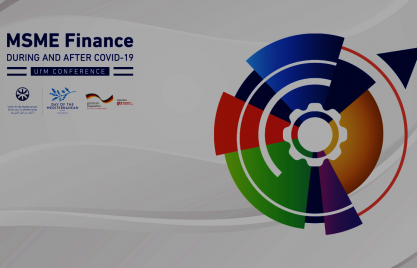What are women’s needs when it comes to finance? What prospects do digital finance provide? Here are six highlights from the policy discussion on Advancing Women’s Financial Inclusion in the Arab World.
Graça Machel delivered an inspirational keynote address at a conference in Jordan that aimed to enhance the financial inclusion of women in the MENA region. Indeed, the fact that high level representatives of all hosting organizations consisted of men only exemplified her message that female leadership in the financial sector is yet to be encouraged and promoted.
In particular, she called for a self-assurdness of women in business – why, did she ask, should women be only micro and small entrepreneurs? Why should they not run big business and be investors in big businesses? At the same time, she urged for women to be at the table when policies are designed or discussed that address our needs. The G20 does not speak on our behalf, women need to have a face and a voice at the table, continued the founder of the New Faces New Voices pan-African network.
It was therefore a great honor to be on an all-women-panel to discuss the potentials of digital financial services for the financial inclusion of women at the end of the same conference. While discussing digital finance with five exceptional women from central banks, microfinance and development organizations I learned six things:
First, Digital Financial Services have many advantages for women and the unbanked populations in general, but take-up is not automatic! There are several reasons for this, which may seem obvious but are often not considered by the industry or policy makers. For example, phone ownership is a crucial precondition. While this is not an issue in the Mena region, it is elsewhere. Other reasons are being comfortable with using technology and having the infrastructure in place, meaning that there are places to transact, explains Mayada El-Zoghbi from CGAP. Moreover, users need to have reasons to use digital financial services, which is often not the case in the very cash-based economies of the Mena region.
Second, clients are smart, they just don’t have a lot of money, says Muna Sukhtian from the Microfund for Women. In the same way that Graça Machel stressed the importance of women being part of the decisions made for them; Muna confirms that women know what they need in terms of financial services. So when designing financial products and services, we need to look at women´s needs, women´s abilities and women´s way to deal with finance. All of this while talking to women and not just about them!
Third, products have to carry themselves. If there is no uptake, the product is maybe not good enough. So instead of investing lots of money in explaining products to women, the money should be invested to improve the products so they need less explanation.
Fourth, market development needs to be demand driven, while at the same time allowing for flexibility from a regulatory perspective. This is the main factor for the success of mobile money in Tanzania, says Dr. Natu Mwamba from the Central Bank of Tanzania. The flexibility allowed the innovative companies to take risks and invest in digital finance.
Fifth, timing of interoperability is a crucial factor, states Maha Bahou from the Central Bank of Jordan. While everyone agrees that interoperability is beneficial for the customers as it makes the use of digital financial services more convenient and accessible, the advantages for private firms are less obvious.
So, what is the conclusion of this insightful panel discussion? My personal take away and the sixth thing I learned is that women are not so different from anybody else. If they get the chance, they will speak at a panel and open conferences. If they see the need for digital financial services, and these services are available to them, they will use them. If they create the demand, and the regulator is flexible enough, the market will develop products that suit them, just as the market will develop products that suit men.
By Katharina Braun, Programme for “Improving Access to Remittances and other Financial Services through Digital Solutions,” GIZ
This blog post is brought to you by GIZ and the Arabic Microfinance Gateway under their Outreach Partnership for the Regional Policy Forum on Advancing Women’s Financial Inclusion in the Arab World. The event was hosted by the Central Bank of Jordan, the Arab Monetary Fund, and GIZ from November 22-23, 2016 at the Dead Sea, Jordan with the support of AFI, the European Union, CGAP, and New Faces New Voices.



